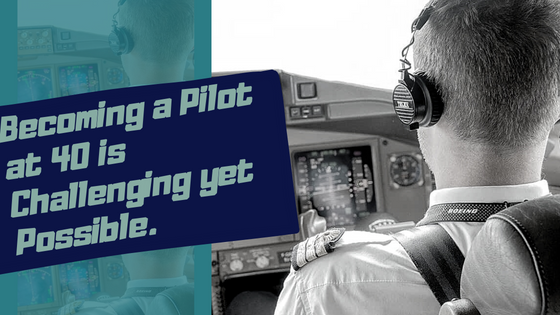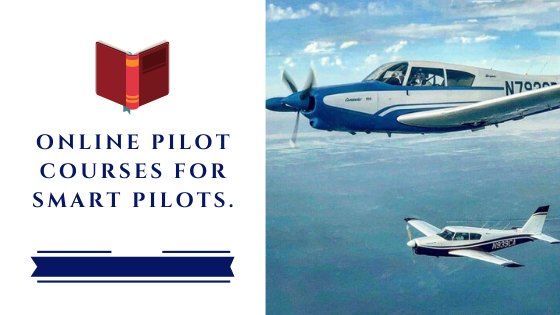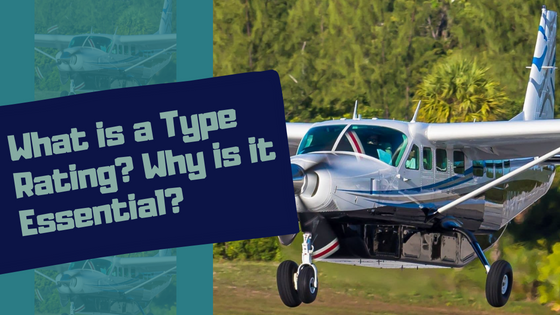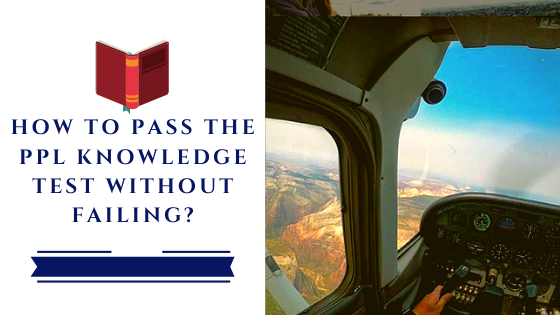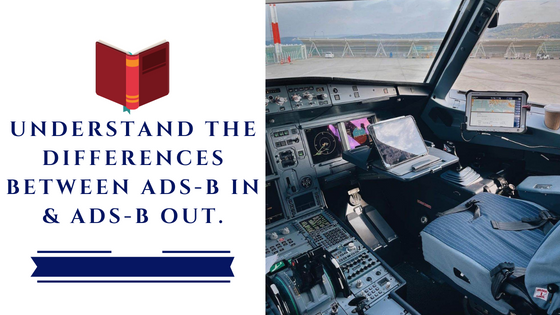Embark on boundless opportunities with a Private Pilot License.
Flying an aircraft is truly a unique experience. In contrast to any other hobby you take, piloting an airplane would give you an unmatching sense of freedom.
The feeling of being up in the air and looking at the world from a bird’s eye and passing through the clouds at 100 miles per hour is both peaceful and thrilling at the same time.
You can see the world from a completely different perspective from high above.
As a pilot, you can witness stunning landscapes and breathtaking sunsets that others can only dream of on the ground.
On the contrary, flying an aircraft requires excellent skills and above-average knowledge.
Your ability to read and interpret complex flight instruments, make decisions, and quickly assess emergencies contribute to safe airspace.
This combination of knowledge, skill, and responsibility can create a sense of accomplishment and pride among pilots.
However, I don’t mean being prideful is a good thing. Being too proud of having a private pilot license can jeopardize the safety of your flight. So watch out.
Apart from flexing, there are several practical reasons to get a private pilot license.
Firstly, people passionate about aviation can step up by obtaining a private pilot license.
You may not need a private pilot license for your current professional line of work. But to satisfy your desires learning about the principles of flight and aircraft mechanics can be a new challenge.
Besides, with a private pilot license, you open doors to new destinations and opportunities.
So what opportunities do you have as a private pilot license?
If, by opportunity, you assume new ways to make money, then you would be disappointed.
Honestly, a private pilot license is not a means to make a living, but it’s an opportunity to experience a new lifestyle from a different point of view.
Pick up flying as a new hobby, and until you get a commercial pilot license, I recommend to keep flying for recreation or leisure activity.
You can advance with adequate experience and meet specific FAA requirements.
Here are some career options you might consider with a private pilot license.
Sightseeing Pilot: As a sightseeing pilot, you will be responsible for taking the passengers on scenic flights over popular tourist destinations. This can be a great option for pilots who enjoy working in a customer-facing role and have excellent communication skills.
Charter Pilot: A charter pilot’s job is to operate a charter flight with cargo or passengers. But don’t expect to receive payments if you transport goods and passengers with a private pilot license.
However, the passengers may pay for the aircraft rental and the fuel.
It’s an excellent way to build experience for pilots who prefer flexible schedules. As a charter pilot, you can build up hours on different aircraft if you have type ratings for multiple aircraft.
Agricultural Pilot: Agriculture pilots operate crop dusters to spray pesticides and fertilizers on the crops. However, exciting t may sound agriculture pilot’s job is relatively hazardous.
Operating high-speed airplanes at a very low altitude has little room for error and can be fatal at times.
Nevertheless, being an agriculture pilot is an excellent place to start if you prefer living in rural areas and are passionate about agriculture.
You can have a thrilling experience and build hours without charging any bills to the farm owner.
Corporate Pilot: A corporate pilot is similar to a charter pilot, but a corporate job is more like a full-time desk job. A corporate pilot is responsible for flying executives, business professionals, and clients to various destinations.
A corporate pilot job can often pay better than an airline job, but the disadvantages are irregular work hours and might require a long time off of home.
However, at this point, with a private pilot license, you can’t consider receiving payments for the service but look forward to building hours as a corporate pilot.
Corporate flying often requires a type rating on specific aircraft, and you might need additional training on your private pilot license.
Note: Mane career paths require additional training and certifications beyond a PPL, such as a Commercial Pilot License (CPL) or an Airline Transport Pilot (ATP) certificate. However, a PPL is only the beginning of an aviation career.
The best reason to get a private pilot license is the efficiency in traveling.
A private pilot license can save time and money on travel, depending on the individual’s circumstances and travel needs.
First, having this license allows you to rent and operate a small aircraft avoiding commercial air travel hassles. You can also avoid long lines, security checks, and baggage claims. Those can save a significant amount of time and stress.
In addition, having a private pilot license means you have access to smaller regional airports that are not busy with commercial flights.
Another advantage of owning a PPL is sharing the costs of flying with friends or family.
Conclusion.
If you’re passionate about aviation and have money to spare, I encourage you to take up this hobby of flying.
Regardless of your goals, getting a private pilot license would allow you to participate in the aviation industry.
Enrolling in private pilot training opens your doors to new opportunities and experience flying from a different perspective. If you dream of being a professional pilot, getting a private pilot license is your first step.
So go ahead and take that leap of faith – the sky’s the limit! You can begin by enrolling in a private pilot ground school to learn what to expect.

